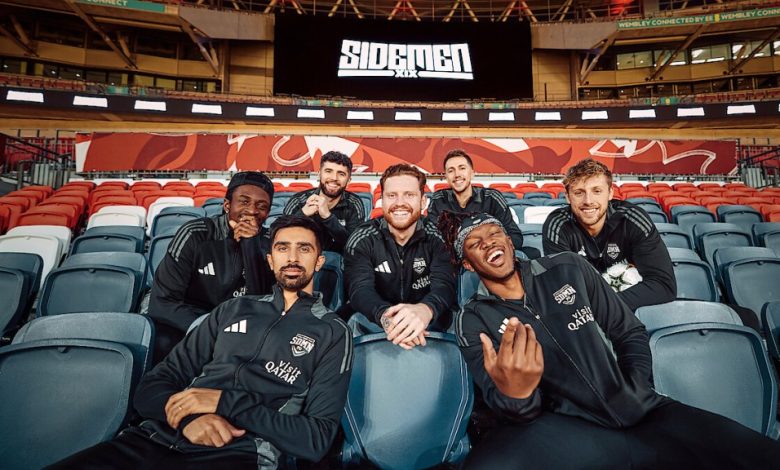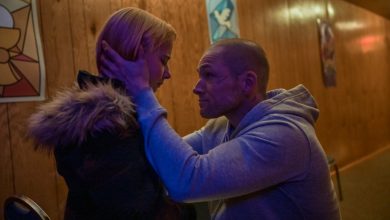Do Young Digital Stars Still Need Talent Management?

At SXSW London, a compelling discussion unfolded around the future of talent management in the digital age. Jordan Schwarzenberger, co-founder of Arcade Media and the man behind The Sidemen’s business operations, boldly claimed that “the vast majority of talent today do not need management.”
Speaking alongside industry figures like Curtis Brown’s Martha Atack, InterTalent’s Alex Segal, and MonRae Management’s Elspeth Rae, Schwarzenberger emphasized how modern creators—especially digital natives—can thrive independently if they possess real talent and business acumen.
“Management is the icing on the cake. The cake is the talent’s creativity and ability to last,” Schwarzenberger explained.
He cited the example of The Sidemen, the YouTube group whose success extended to projects like the Netflix series Inside. Before Arcade Media came onboard, the group had several agents but no true management structure. They lacked guidance on scaling their brand, building IP ownership, and developing sustainable businesses.
This evolution mirrors broader changes in how talent operates—especially in the foreign series and entertainment industry. Today’s digital stars, particularly in the international scene, often master their own narratives and business strategies.
Agents Evolving Into Strategic Partners
Alex Segal noted that younger talent is “smarter than ever” and expects agents to move fast and deliver value. “If you can’t provide what they need, they’ll find someone who will,” he warned.
Rather than just negotiating deals, today’s agents often serve as strategic partners—advising on IP, brand extensions, and even personal financial planning. As Elspeth Rae pointed out, “It’s a bizarre but crucial role. You must be emotionally detached yet heavily involved.”
Atack admired this shift, seeing parallels between modern talent relationships and adapting books into successful screen projects—a method Curtis Brown has mastered over its 126-year history.
See More ...
She even raised the idea of applying this model to traditional stars like Bradley Walsh, showing that digital approaches can enhance classic careers.
The Core of Talent Still Matters
Despite these innovations, everyone on the panel agreed that true talent still rises to the top. From YouTube comedians like Munya Chawawa to creators like Amelia Dimoldenberg, the ones who succeed long-term bring traditional skills: writing, acting, presenting.
“When America comes calling—for the Oscars red carpet or an SNL role—only real talent can deliver,” Atack noted.
The panel ended with a word of caution: Agents must never try to become the talent themselves. Their role is to empower and support—not compete.
Many digital creators, especially those involved in foreign series, are now building independent empires without traditional management.




